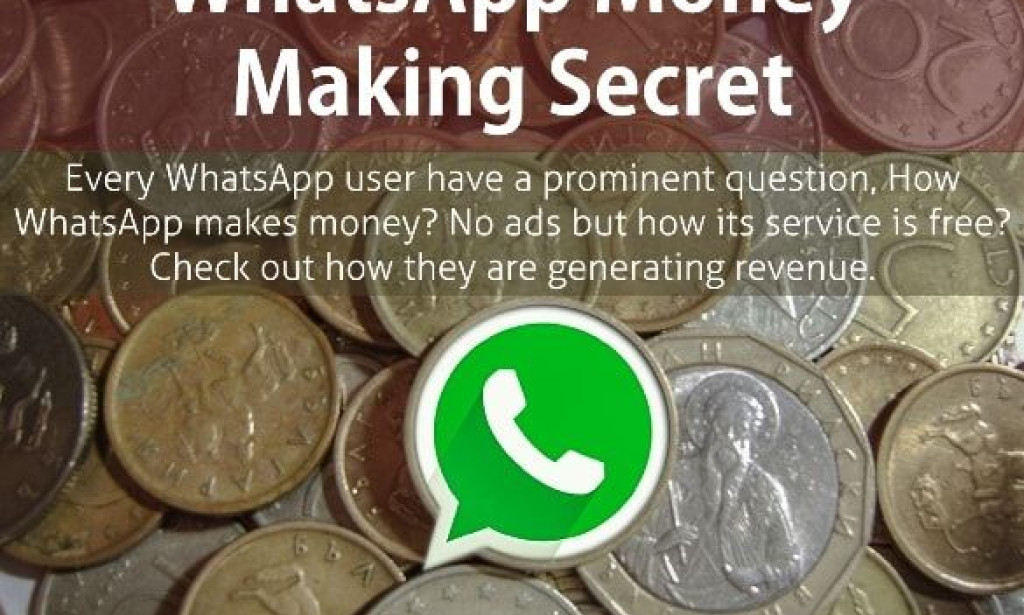The Incredible Journey of WhatsApp: From Humble Beginnings to Global Dominance
Few stories capture the imagination quite like the rise of WhatsApp. From its humble origins as a passion project driven by a commitment to user experience over profit to its staggering acquisition by Facebook for a mind-boggling $19 billion, the story of WhatsApp is one of unwavering vision, perseverance, and a relentless pursuit of excellence.

The Founders Prioritizing User Experience over Profits
The founders sow the seeds of WhatsApp's success. They - Jan Koum and Brian Acton - had previously worked at Yahoo. Disillusioned by the company's focus on advertising, they prioritied user experience above all else. This unwavering commitment to creating a product that truly resonated with its users would become the driving force behind WhatsApp's meteoric rise.
Frugality and Voluntary Contributions: A Unique Business Model
In the early days, WhatsApp embodied a spirit of frugality that would have made even the most seasoned entrepreneurs blush. From using cheap furniture and relying on blankets for warmth to introducing a voluntary one-dollar fee to cover costs – a fee more akin to a donation than a traditional revenue stream – WhatsApp's unconventional approach to business was a testament to the founders' dedication to their craft.
The Facebook Acquisition: A Seismic Shift in the Landscape
In a move that sent shockwaves through the tech world, Facebook acquired WhatsApp for an eye-watering $19 billion in 2014. Mark Zuckerberg, the visionary behind Facebook, saw immense strategic value in the acquisition, recognizing WhatsApp's potential to become a profitable business and its vast user base, particularly in developing countries.
However, this acquisition was not without its controversies. Concerns arose about the potential clash between Facebook's data collection practices and WhatsApp's long-standing commitment to user privacy. The same values that had endeared WhatsApp to its users were now under scrutiny, and the future of the messaging platform hung in the balance.

A Champion for Privacy: Brian Acton's Principled Stand
In a remarkable display of integrity, Brian Acton, one of WhatsApp's co-founders, walked away from a staggering $850 million in stock options rather than compromise the platform's commitment to user privacy. Acton's principled stance led him to establish Signal, a non-profit messaging app renowned for its unwavering focus on security and privacy – a direct challenge to the same platform he had helped create.
The Privacy Conundrum: Balancing Connectivity and Data Protection
As WhatsApp's user base continued to swell, reaching billions worldwide, a new dilemma emerged: how to reconcile the platform's widespread usage for personal and professional communication with the growing concerns surrounding data privacy and Facebook's potential influence.
Despite allegations of weakened encryption and plans for AI-based content scanning, many users continued to trust WhatsApp, citing its unparalleled connectivity and convenience. However, due to privacy concerns, alternatives like Signal, endorsed by Edward Snowden and Elon Musk, emerged as viable options.
The Path Forward: Privacy, Connectivity, and the Power of Choice
As we navigate the ever-evolving landscape of digital communication, the story of WhatsApp serves as a poignant reminder of the delicate balance between privacy and connectivity. While the platform's acquisition by Facebook has undoubtedly raised concerns, it has also highlighted the importance of individual choice and the availability of alternative platforms that prioritize user privacy.
Whether via installing virtual private networks (VPNs) or by adopting platforms like Signal, YouTube, and others that champion transparency and security, users today can safeguard their digital footprint while remaining connected to the world around them.

In the end, the incredible journey of WhatsApp is not just a tale of technological innovation and business acumen; it is a testament to the enduring human spirit, the unwavering pursuit of principles, and the power of choice in an increasingly interconnected world.


You must be logged in to post a comment.